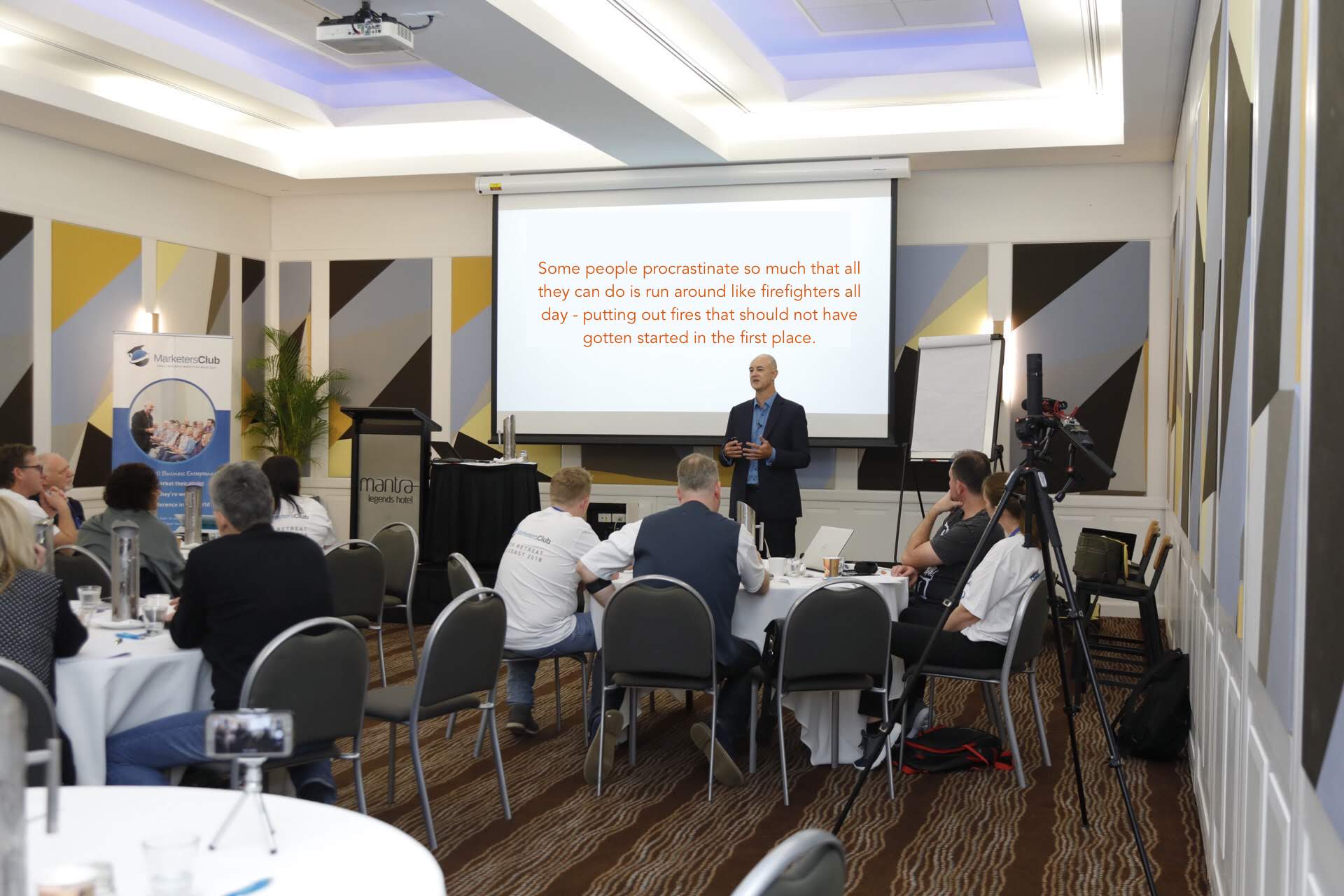In the complex world of leadership, experience is a hard but invaluable teacher. As Vernon Sanders Law once said, experience often puts us to the test first, and the lesson comes afterwards. This rings true for all of us who have taken on leadership roles, as we face significant challenges without always knowing the best way to handle them. These demanding times teach us the most valuable lessons about leading.
When leadership becomes challenging, we garner lasting insights that shape our future leadership endeavours. It’s crucial to recognize that every difficult situation we encounter is an opportunity to learn something substantial. Realistically, in the heat of the moment, the value of these lessons may be obscured by the pressing need to address the immediate issues at hand. Only after the flames have been tamed can we appreciate the wisdom gained.
Although we may all yearn for an easy road, the most potent lessons are often learned the hard way. While we can certainly learn through training, reading, and observing others, it is the experience of real-world consequences that truly underscores the weight of leadership and decision-making. It is only through failure that we truly come to understand what it means to be in charge.
The aftermath of a challenging situation brings a constant stream of feedback. Everyone has something to say – whether it’s about how things went wrong, how well it turned out, or how they admire our leadership. In these moments, the full weight of the outcomes lands upon us, and we are left to grapple with the reality of the aftermath.
Learning through challenges is not solely about relying on one’s own skills and expertise. It also involves leveraging the strengths of a team. A leader is not just an individual; they are the sum of their team and its dynamics. Leading through challenging situations illuminates areas where we may not excel individually but can rely on the strengths of others. Embracing the collective brilliance of the team is fundamental to overcoming challenges and achieving success.
It’s important to acknowledge that failure is integral to the leadership journey. No one likes to fail, but the lessons extracted from failures truly matter. As the saying goes, “Fool me once, shame on you; fool me twice, shame on me.” Acknowledging failure, learning from it, and ensuring that mistakes are not repeated is essential to the learning process.
Debriefing at the end of a situation is vital. Whether the mistakes are monumental or minor, it’s essential to go over what happened and extract valuable lessons from the experience. Creating checklists for common situations can be a valuable tool in overcoming failure, as it ensures that essential steps are not overlooked. Just like pilots who rely on checklists to solve problems, having our own guidelines can help us navigate challenging situations more effectively.
Every leadership experience is unique, and there will always be aspects that don’t fit neatly into a checklist. Flexibility and adaptability are critical in addressing these unique challenges. As leaders, we need to be prepared for the unexpected and be able to pivot seamlessly when faced with unforeseen circumstances.
Building resilience is crucial for leaders who aim to thrive in the face of adversity. While resilience may not be something that can be taught, it can certainly be fostered and leveraged through insight and preparation. The recent years have highlighted the need for resilience as we encounter longer and more intense challenges, such as the extended Australian fire season and the global pandemic.
Resilience isn’t simply about enduring, it’s also about being prepared for the unexpected. Resilience demands proactive planning and preparation, whether it’s having financial buffers in place to weather unforeseen circumstances or having robust contingency plans for remote work and other potential disruptions.
Reflective practice is a powerful tool for bolstering our ability to bounce back from failure and adversity. We can dissect challenging situations and explore potential solutions by engaging in scenario-based reflections and concrete exercises. Just like firefighters who use a kit to simulate fire scenarios, leaders can benefit from creating scenarios and mapping out potential strategies for overcoming challenges.
Practicing and refining our skills in specific areas is essential, especially in those where we may have experienced past failures. Whether it’s honing technical skills or developing alternative plans for potential challenges, dedicating time to perfecting our competencies can bolster our readiness to navigate future hurdles.
Resilient leadership demands being prepared for all eventualities. As leaders, we must constantly reassess our capabilities and develop backup plans for scenarios where our ideal solutions may not be feasible. This proactive approach can mitigate the impact of unforeseen challenges and ensure we can adeptly navigate them.
In the face of adversity, leadership transcends mere directives; it requires cohesive teamwork, learning from failures, and harnessing our strengths when plans go awry. Every challenge presents an opportunity for growth, not just for us as leaders but also for our teams. Embracing the value of these hard moments can equip us to lead with greater resilience and vision.
It’s okay to stumble along the way; it’s an integral part of our leadership journey. Embracing these experiences and learning from each step makes us stronger and more adept leaders. Thus, we must continue moving forward, learning from each experience, and growing into leaders who are more resilient and better equipped to face the flames head-on.


